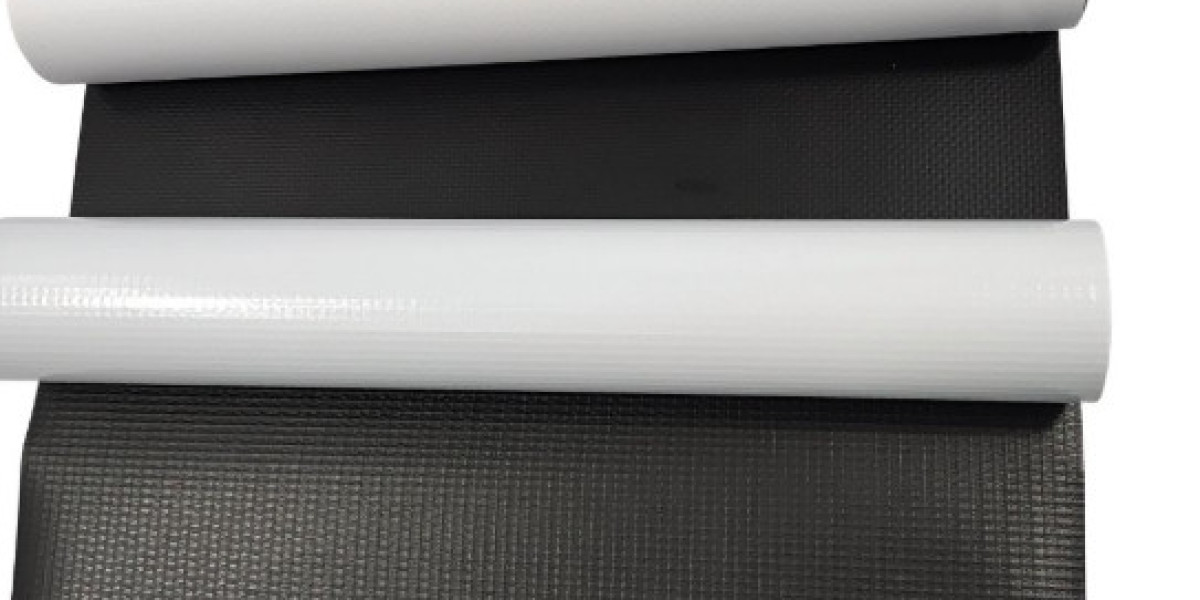✍️ What Is an Essay?
An essay is a focused piece of writing that explores a particular topic from a specific point of view. Traditionally rooted in academia, essayservice www.reddit.com/r/GradSchool/comments/1l8nh3k/how_to_write_a_poetry_essay/ range from analytical to persuasive, and from personal to argumentative. They're used to assess a writer’s ability to structure ideas logically, support arguments with evidence, and communicate thoughts effectively. Essays are more than just school assignments—they're a powerful means of expression.
Essays typically involve:
- A clear introduction
- A body that develops the main ideas
- A conclusion that wraps up the discussion
Whether you’re writing for school, work, or personal reflection, knowing how essays function opens the door to thoughtful communication.
? Types of Essays and Their Purposes
Essays can be broadly classified into several types, each with a distinct purpose and tone. Some of the most common include:
- Narrative Essays: These tell a story. They focus on personal experiences and use vivid descriptions to convey emotion.
- Descriptive Essays: These paint a picture. They use sensory details to describe a person, place, or event.
- Expository Essays: These explain a topic. They are objective and based on facts, not opinion.
- Persuasive Essays: These argue a point. They rely on logic and evidence to convince the reader.
- Analytical Essays: These interpret and analyze works of literature, art, or other media. They dissect elements like theme, character, and symbolism.
Each type has a specific structure and stylistic approach, but all require clarity, coherence, and evidence-based thinking.
? The Structure of an Effective Essay
A successful essay is built on three major components: introduction, body, and conclusion.
1. Introduction
The introduction sets the stage. It typically includes a hook to draw the reader in, background information, and a thesis statement that outlines the central argument or idea.
Example:
“In an age of information overload, critical thinking has become not just useful but essential. This essay explores how educational systems can promote analytical skills through thoughtful curriculum design.”
2. Body Paragraphs
The body supports your thesis with evidence and reasoning. Each paragraph should focus on one main idea and follow a logical progression. Use examples, data, quotes, and analysis to deepen your argument.
Tips:
- Start each paragraph with a topic sentence
- Stay focused on one idea per paragraph
- Transition smoothly between ideas
3. Conclusion
The conclusion reinforces your thesis, summarizes key points, and leaves the reader with something to ponder. Avoid introducing new information here.
Effective closing:
“By embedding critical thinking in educational policies, society prepares future citizens not just to consume knowledge, but to challenge it intelligently.”
?️ How to Craft a Compelling Thesis Statement
The thesis is the heartbeat of your essay. It's your main point, captured in a single, strong sentence. A good thesis is:
- Clear: It avoids vague language or generalizations
- Specific: It outlines exactly what the essay will argue
- Debatable: It invites discussion, not just agreement
Weak thesis:
“Technology is important.”
Strong thesis:
“While technology streamlines communication, it has also contributed to decreased face-to-face interaction, necessitating a reevaluation of its role in social development.”
Develop your thesis before writing your body paragraphs, so your essay stays focused and persuasive throughout.
? Common Mistakes and How to Avoid Them
Even experienced writers make missteps. Here are frequent essay-writing pitfalls—and how to dodge them:
- Lack of clarity: Avoid jargon and convoluted phrasing. Simplicity is powerful.
- Weak structure: Stick to the three-part format: intro, body, conclusion.
- Poor transitions: Link paragraphs with bridging sentences or transition words.
- No evidence: Back up every claim with examples, facts, or quotes.
- Ignoring editing: Revise and proofread. Typos and grammatical slips dilute impact.
Pro tip: Reading your essay aloud can highlight awkward phrasing or unclear ideas.
Essays aren’t just academic exercises—they’re tools for sharing insight, arguing passionately, and provoking thought. Whether you're writing a reflective personal piece or debating a controversial issue, mastering the essay unlocks a deeper level of self-expression.








